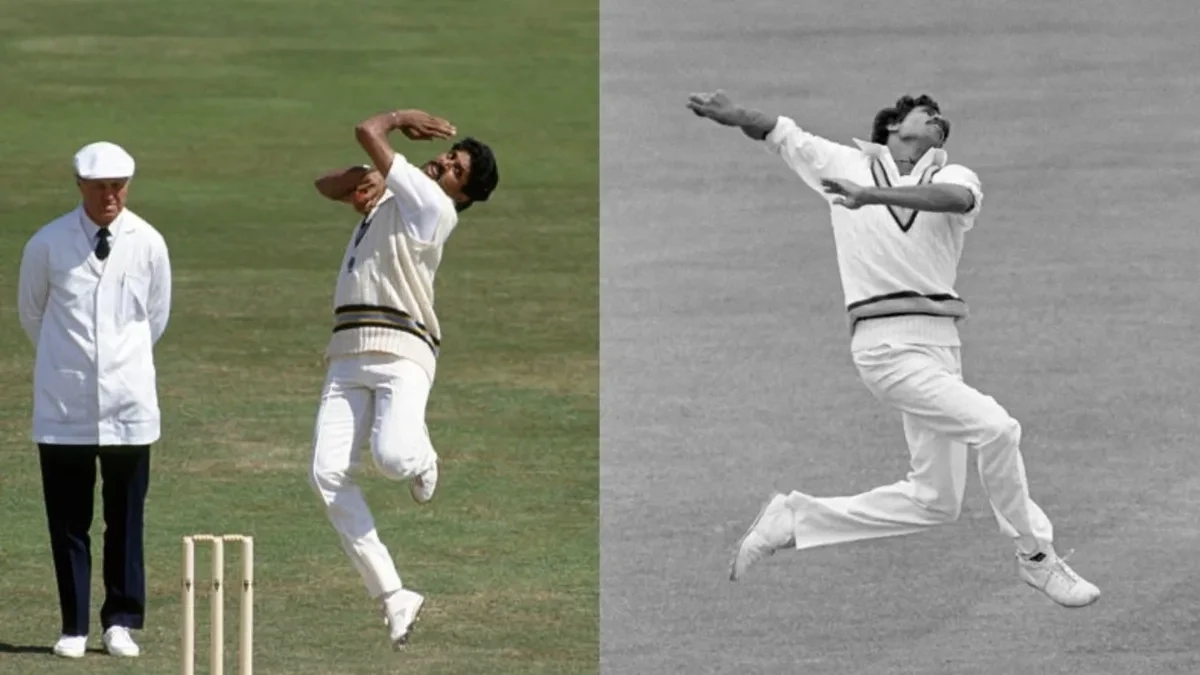For decades, a popular belief has floated around Indian cricket that Kapil Dev, the legendary World Cup-winning captain and one of the greatest all-rounders in the game, never bowled a no-ball in his entire international career.
The claim has often been cited to highlight his flawless bowling technique and remarkable discipline at the crease. However, the reality paints a different picture-this long-standing notion is a myth.
The truth is that Kapil Dev did bowl no-balls during his career, with one of the earliest instances coming in his very first Test series. In October 1978, during the Faisalabad Test against Pakistan, Kapil’s second delivery in international cricket was a front-foot no-ball. This fact alone debunks the narrative of his ‘perfect’ record from the very beginning.
So, where did this myth originate? The answer lies in how cricket statistics were recorded before 1984. At that time, runs resulting from no-balls and wides were not credited to the bowler but were instead added to the team’s extras. Consequently, many early scorecards failed to reflect no-balls against individual bowlers, leading to a perception that Kapil never overstepped. Over the years, as his stature grew and stories of his consistency circulated, this incomplete data was misinterpreted as proof of his impeccable record.
That’s not to say Kapil Dev wasn’t disciplined. On the contrary, he was among the most controlled fast bowlers of his era, rarely overstepping and maintaining a smooth, rhythmical action throughout his 16-year career. His legacy as a bowler who combined skill, longevity, and reliability remains unquestioned. But the idea that he never bowled a no-ball is simply inaccurate-a myth born out of outdated record-keeping rather than reality.
In the end, Kapil Dev’s greatness doesn’t need embellishment. His achievements, including over 400 Test wickets and leading India to its maiden World Cup victory in 1983, speak for themselves. Sometimes, debunking such myths only serves to humanize legends further, reminding us that perfection isn’t what makes them great-it’s their enduring excellence despite being human.
